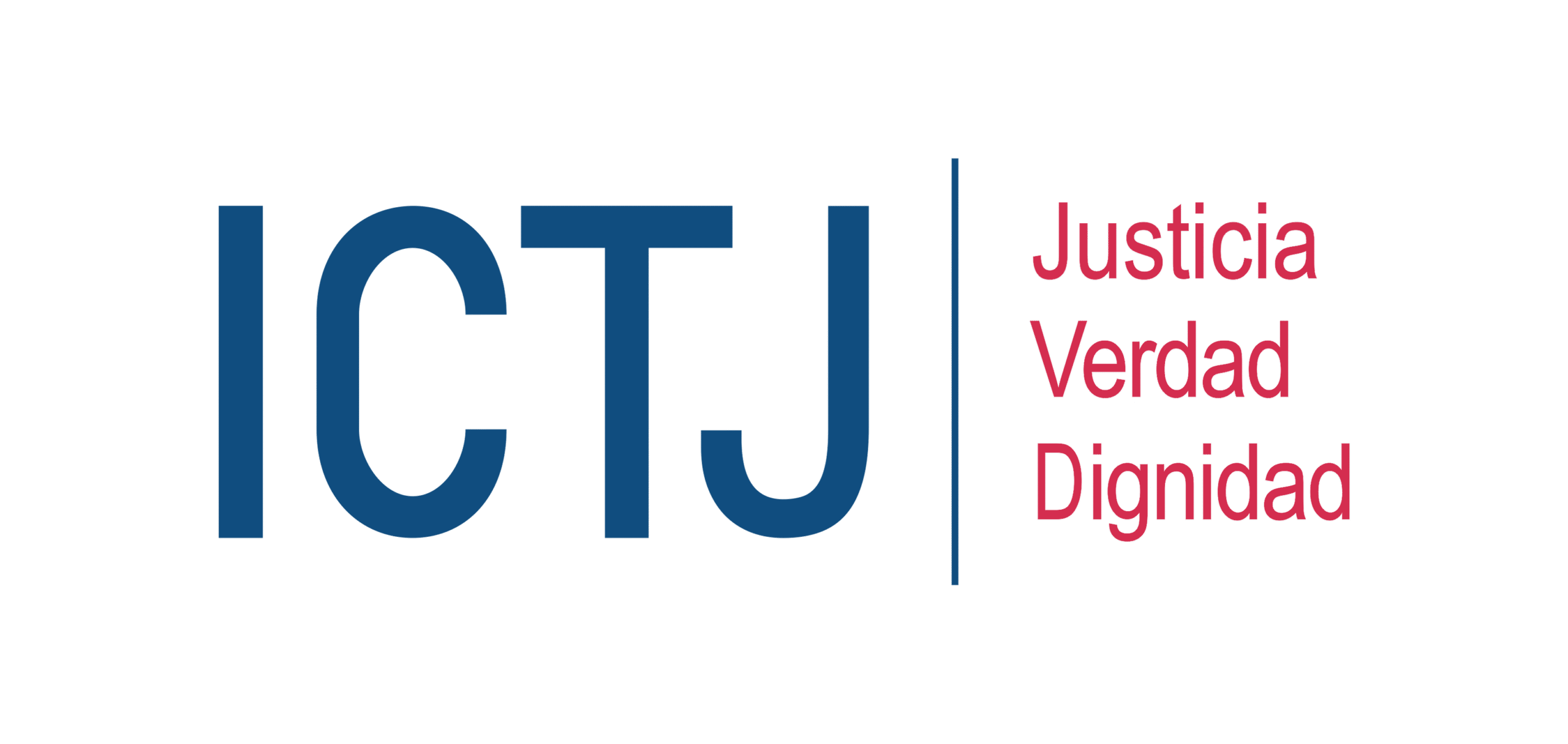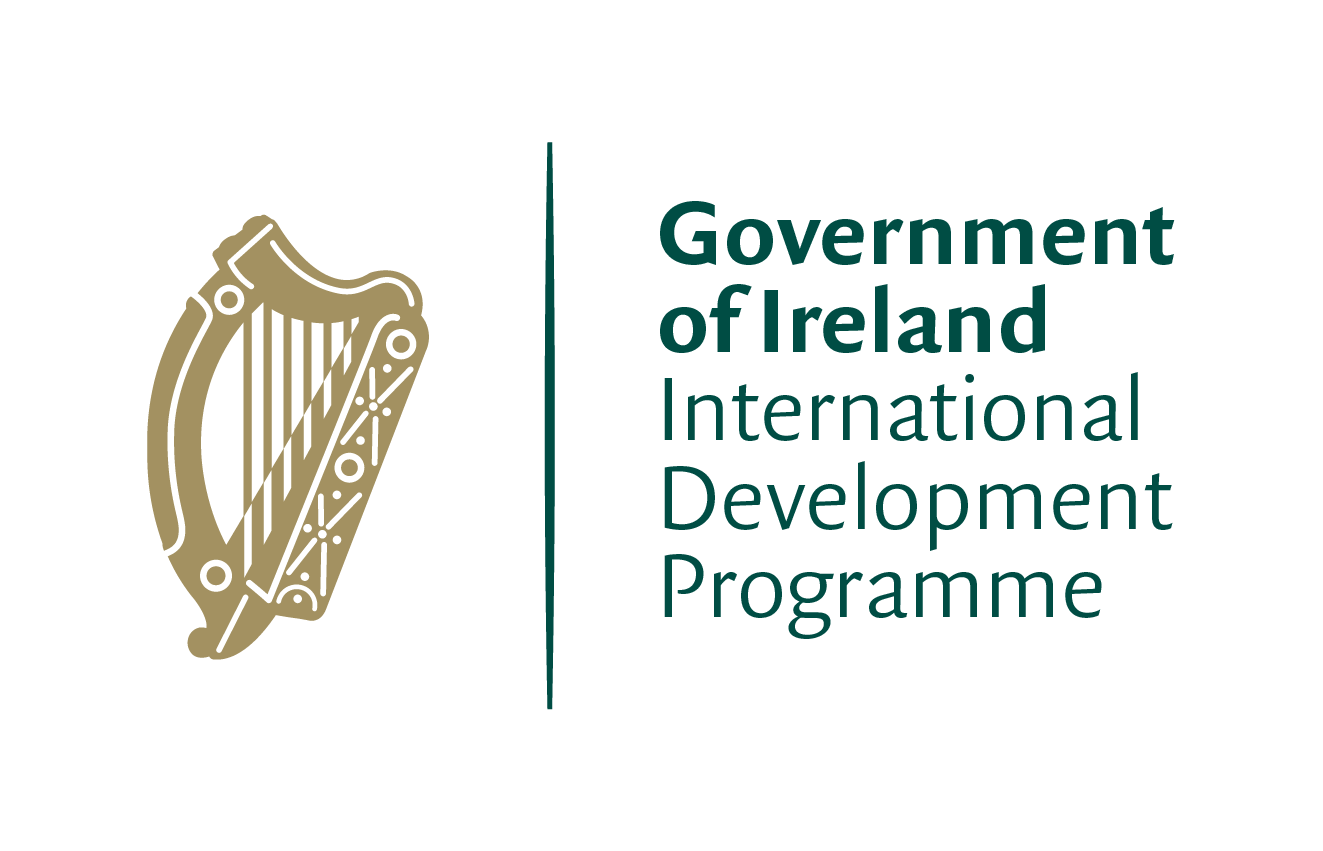It is well known that Donald Trump's government has been under the spotlight of public opinion due to many of the decisions taken by the first president during his first year in office. In fact, social movements in the United States have risen up stronger than ever to stop this wave of "anti-rights" policies or decisions, which seek to diminish the advances that have been made for women, Afro-descendant groups, people with disabilities and LGBT people. In fact, it is this last group that has suffered the most severe blow in recent hours.
What is going on?
Basically it seeks to give a legal redefinition of gender at the national level. This change establishes that a person's sex can only be determined through their genitalia. In other words, there would only be two genders, which would cease to be seen as a construction and would become "obligatory": feminine and masculine, ignoring the life experiences of trans and/or intersex people. This measure, if approved, will have to be complied with by federal agencies in the United States.
This information, which was disseminated through The New York Times, would contribute to discrimination against trans people, as they would be legally "erased" and would not be able to present their true identity in different spaces such as schools, jobs and places of socialisation, among others.
The move was made known to the US media through a memo from the Department of Health and Human Services (HHS). The memo states that the change would be made through Title IX, a 1972 federal civil rights law that prohibits discrimination based on gender identity.
This decision, which has not yet been confirmed by the government, would also mean a block on changing the sex component of documents such as identity cards and passports.
It is worth remembering that this is not the first attack by Donald Trump's government against the rights of transgender people. On 23 March 2018, the US president announced a plan in which he banned, in short, the possibility of transgender people being able to serve in the US armed forces.
In the area of education, the Department of Education assured that it would gradually eliminate complaints of social exclusion involving gender identity. On the other hand, in the area of justice, the Department of Justice sent a memorandum to the prosecutors of the Justice Department to take the position that "federal law does not protect trans workers from discrimination".















